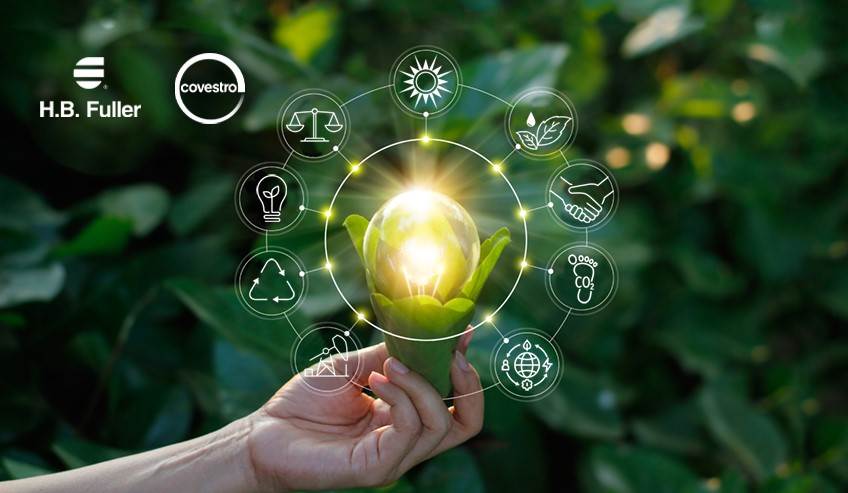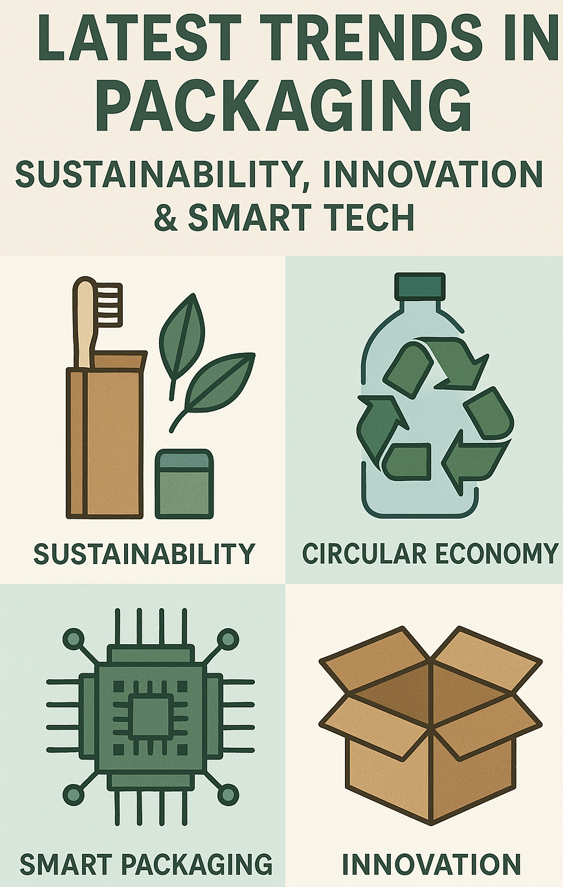
"We are driven by the very present need to reduce CO2 emissions and look after the world around us, and so too are our customers”, says Iñaki Sigler, H.B. Fuller's Global Product Manager for Woodworking and Composites. "This inspires us to continually explore new avenues to reduce our products' environmental footprint and encourage our supply chain to do the same. Together with our partner, Covestro, we see this new, strategic product development as an investment in all our futures and a commitment to a more sustainable world."
Bio-based feedstock partly replaces fossil raw materials via the mass balance approach
The new ingredient used in H.B. Fuller's adhesive is a bio-attributed raw material created via a mass balance approach and will replace a proportion of previous fossil raw materials. Renewable raw materials are used as feedstock at the very beginning of the value chain and processed together with fossil-based ingredients in the same production units. The characteristic of the renewable feedstock process is then attributed to the end-product.
“We are excited to supply H.B. Fuller as our first customer for adhesive applications with a mass-balanced product,” says Dr. Thorsten Dreier, Head of Coatings and Adhesives at Covestro. "With the increased use of such alternative raw materials, we want to become less dependent on petrochemical feedstocks and contribute to the reduction of CO2 emissions. Alternative raw materials are part of a comprehensive program to work with our partners to drive the transition to a Circular Economy and ultimately become fully circular ourselves.”
The usage of an equivalent amount of the alternative feedstock is guaranteed by Covestro through a third party verified certification method. By gradually converting its production to alternative raw materials and working with reliable partners, who in turn collaborate with many certified suppliers, Covestro aims to replace fossil materials and make its value chains more sustainable. As mentioned, the correct raw material balance, the allocation method, and the raw material sourcing – according to defined sustainability standards – is ensured via an independent third-party certification.
A no-compromise approach
H.B. Fuller is able to use the new drop-in solution immediately in its existing manufacturing processes without any technical conversion. No adjustments are required at its customers’ facilities either. Product quality is in no way inferior to conventional counterparts, but the lower attributed CO2 footprint makes products more sustainable. In fact, the company has made sure that its customers' own products and processes will not be compromised in any way. The 'reformulation' of the reactive hot melt adhesive has no impact on its performance, nor on their customers' own manufacturing and can be treated in exactly the same way as the product it replaces.
The new solution represents an evolution of previous sustainable product development and will likely extend into other products and areas of production. Iñaki Sigler concludes, “We believe that any way CO2 emissions can be reduced should be embraced, no matter how small, because many small steps can add up to a strong economy of scale and a giant leap forward for the adhesives industry.”
Both companies believe that the strategic agreement and the innovative process they are now launching together can play a major role in driving the circular economy forward, reducing carbon emissions and replacing the extraction of finite resources with partly renewable raw materials.







